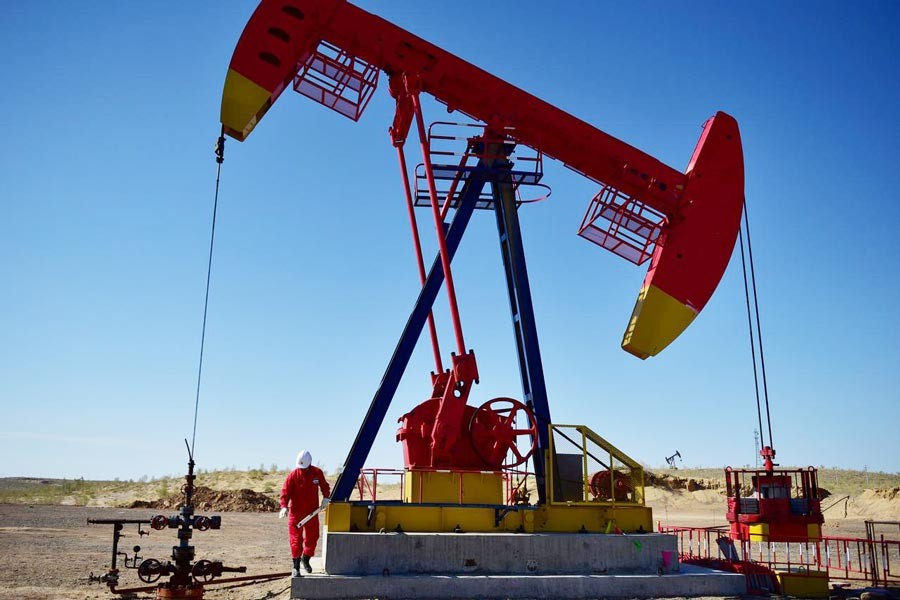Oil fell towards $65 a barrel on Tuesday, pressured by the restart of Libya's biggest oilfield and on expectations for an increase in US crude inventories, reports Reuters.
Some wells at Libya's El Sharara oilfield have restarted and the aim is to reach initial output of 80,000 barrels per day, a field engineer said on Tuesday. The field had been closed since December.
Brent crude, the international benchmark, fell 62 cents to $65.05 a barrel as of 0930 GMT. US West Texas Intermediate crude slipped 44 cents to $56.15.
"The main development has been the restart of El Sharara," said Olivier Jakob, analyst at Petromatrix. "It's a new input which is on the bearish side."
Oil also slipped on forecasts that the latest round of US inventory reports will show rising crude stockpiles. Six analysts polled by Reuters estimated, on average, that crude stocks rose 400,000 barrels in the week to March 1.
The first supply report is due at 2130 GMT from the American Petroleum Institute (API), an industry group, followed by the government's official figures on Wednesday.
Concern about a slowdown in oil demand growth, especially in Europe and Asia, has weighed on prices. Still, Brent has risen 20 per cent this year due to supply curbs led by the Organisation of the Petroleum Exporting Countries.
World shares tick higher on US-China trade deal optimismChina's government said it is targeting economic growth of 6.0 to 6.5 per cent in 2019, less than 6.6 per cent growth reported last year. That raises the prospect of slowing fuel demand in the world's second-largest consumer.
"There are plenty of signs that the global economy is slowing - weak car sales and manufacturing data from China, flat growth in Europe, and a slowing GDP rate in the fourth quarter for the US," said Matt Stanley, a broker at Starfuels in Dubai.
To prop up the market, OPEC and its allies, an alliance known as OPEC+, have been cutting output by 1.2 million barrels bpd since the start of the year.
The actual cut has exceeded the pledged amount because of US sanctions on Iran and Venezuela, plus unrest in Libya that had prompted the closure of El Sharara, giving additional tailwind to prices.


